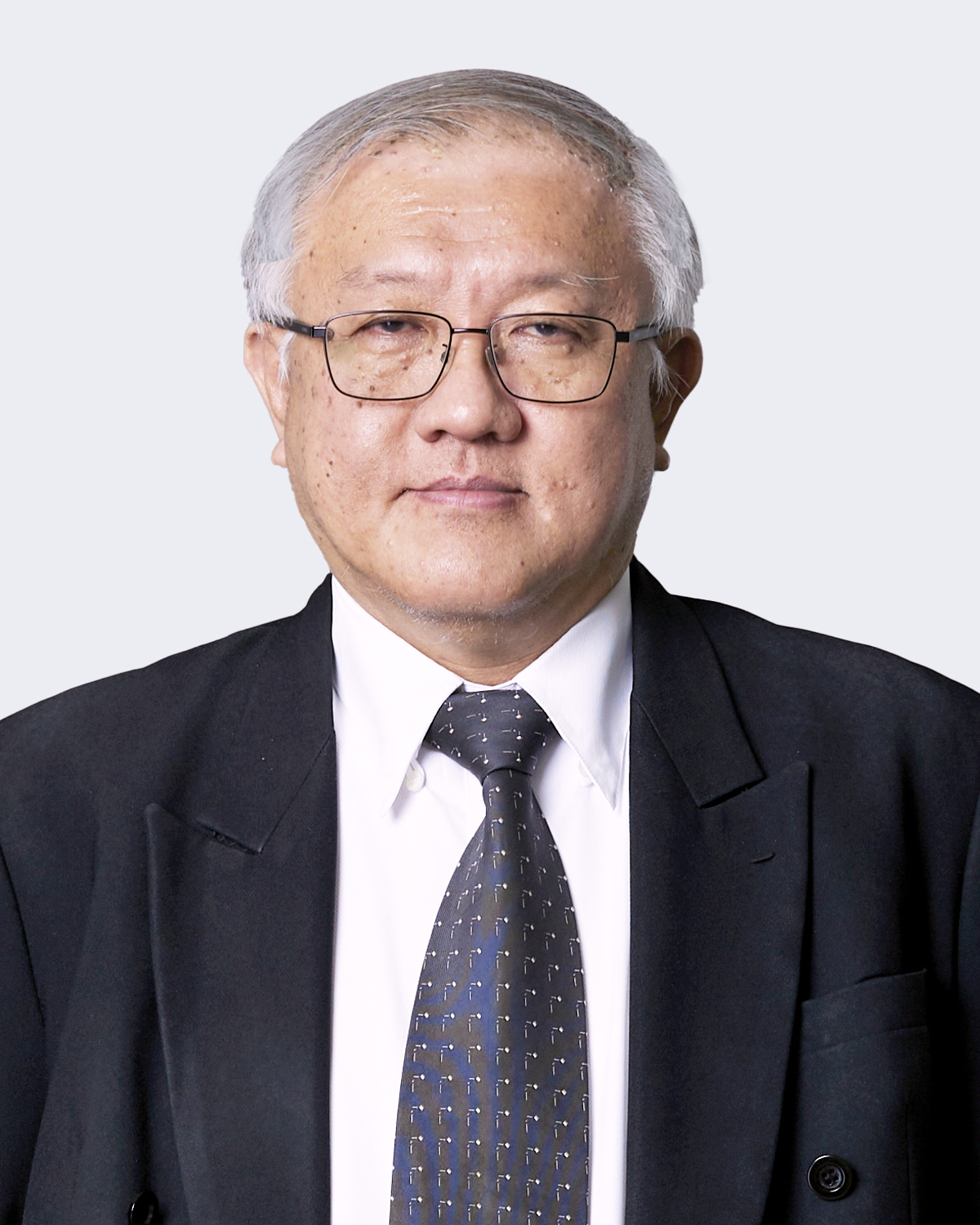From April 19, 2020, Thai law will allow board meetings and shareholders meetings to take place entirely via electronic means, and attendants will no longer be required to be physically present in Thailand.
Prior to this change, the default requirement under Thai law was that all corporate meetings had to be physically attended at a predetermined place, date, and time. Although this was partially eased by Announcement of the National Council for Peace and Order No. 74/2557 on Teleconferences through Electronic Means (the Old Law), which allowed electronic attendance in limited circumstances from June 27, 2014, few companies considered the Old Law to be a practical alternative to physical attendance. Electronic attendants still had to physically be in Thailand, and at least one third of the quorum was required to attend the meeting physically.
In light of the COVID-19 pandemic however, recent and unprecedented city lockdowns, international travel bans, and discouragement of gatherings have made physical board or shareholder meetings exceptionally challenging. Many companies have been forced to postpone their annual general meetings, which are, for most companies, still due by end of April.
The Royal Thai Government has therefore relaxed the limitations under the Old Law through the Royal Decree on Teleconferences through Electronic Means B.E. 2563 (2020) (the New Royal Decree), which came into force on April 19, 2020 replacing the Old Law.
The key elements of the New Royal Decree are as follows:
- All attendees can attend meetings via electronic means, such as by phone or video call, from anywhere.
- There is no physical attendance requirement.
- Attendees must have their identities verified before the meeting starts.
- All attendees are able to vote during the meeting (whether disclosed voting or secret voting).
- An audio or audiovisual recording of the entire meeting must be taken, except for secret meetings.
- The electronic traffic data of every attendee must be kept as evidence.
- Minutes of the meeting must be documented.
The notice (and enclosures) calling for the meeting, can be distributed via e-mail instead of the standard postal requirement. If so, they must be properly kept as evidence by the meeting organizer.
The Ministry of Digital Economy and Society (MoDES) will issue a new announcement on security standards in due course. Until then, the existing security standards issued under the Old Law shall continue to be in use to the extent that they do not contradict the New Royal Decree. Current security standards include, inter alia, the use of a reliable control system at the IT-security level under the electronic translations law; the need for attendees to be able to view the data being presented via their own devices; and the ability of the chairperson to disconnect communication from any individual attendee in case of emergency.
As with the Old Law, the New Royal Decree is expected to apply to board meetings and shareholders meetings of both private and public Thai companies, as well as meetings of partnerships, trade associations, and chambers of commerce.
This article first appeared in the January 2020 edition of PTIT Focus, the Petroleum Institute of Thailand’s monthly newsletter. The article was published in both English and Thai.









